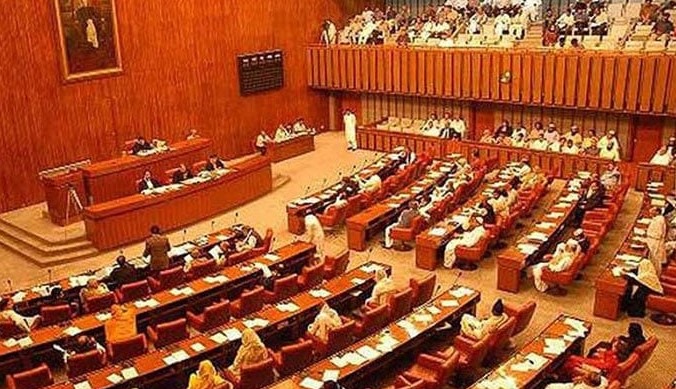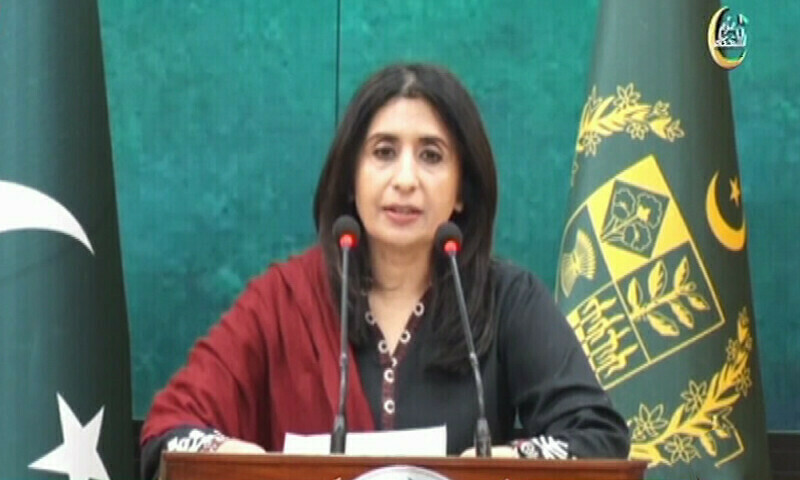POLITICS & POLICY MAKING

The Standing Committee of the Senate on Law and Justice has approved a proposal to increase the number of Supreme Court judges to 25, a decision that sparked heated discussion among committee members and political representatives. Chaired by Senator Farooq H. Naik, the committee's meeting resulted in a majority vote favoring the increase, raising the total to 25, including one chief justice and 24 judges.
Jamiat Ulema-e-Islam (JUI) and Pakistan Tehreek-e-Insaf (PTI) representatives opposed the motion, questioning its potential impact on judicial autonomy. PTI leader Hamid Khan expressed strong reservations, warning that expanding the bench could threaten judicial independence. “With the 26th amendment, we have already weakened the judiciary. Increasing the number of judges can be used to influence the judiciary and compromise its independence,” he said.
Senator Kamran Murtaza of JUI echoed these concerns, alleging that the expansion allows for the inclusion of judges aligned with particular political interests. He argued that the current bench has managed its responsibilities well, particularly since October 25, and that the judiciary's efficiency does not warrant an increase in numbers.
However, supporters of the proposal, including Pakistan People’s Party (PPP) Senator Shahadat Awan, argued that a higher number of judges would improve the Supreme Court's capacity to handle its case backlog, which has reached around 60,000. He suggested setting a minimum of 21 judges to improve judicial efficiency.
In response to the committee's inquiry regarding case volumes, the Law Secretary requested three weeks to compile updated data. Currently, the Supreme Court has 17 judges, supplemented by 2 ad hoc judges.
The proposal's next step involves a parliamentary review, where it may face additional debate over balancing judicial independence with the need to improve the judiciary’s capacity.




